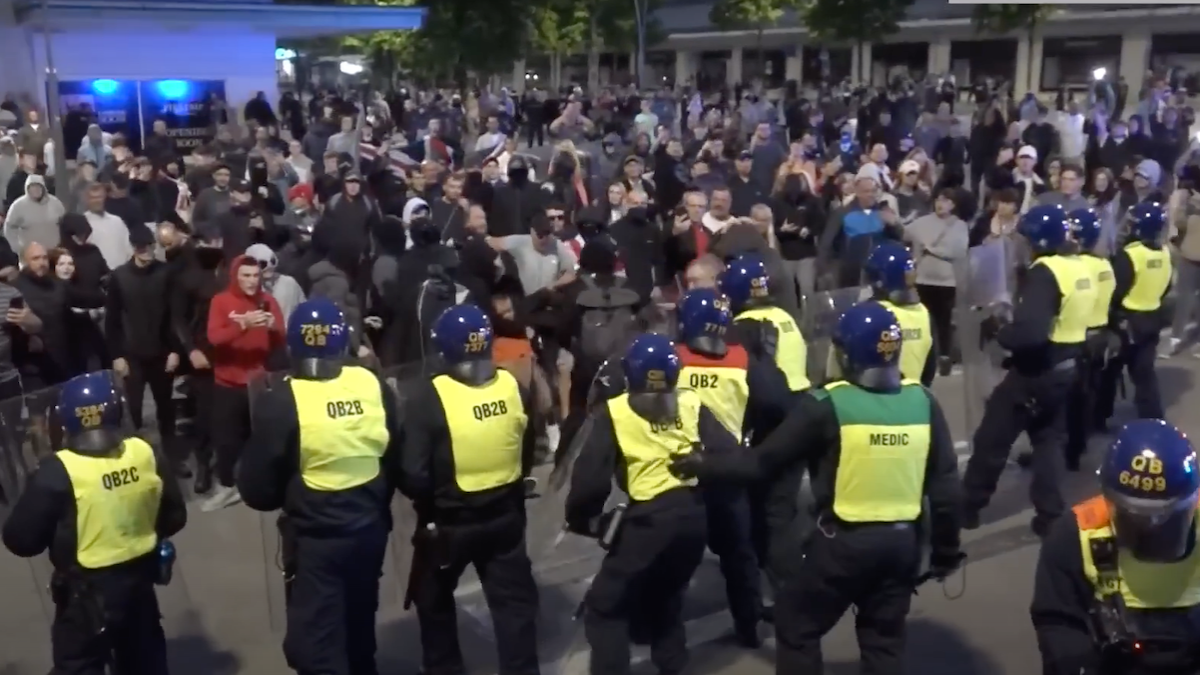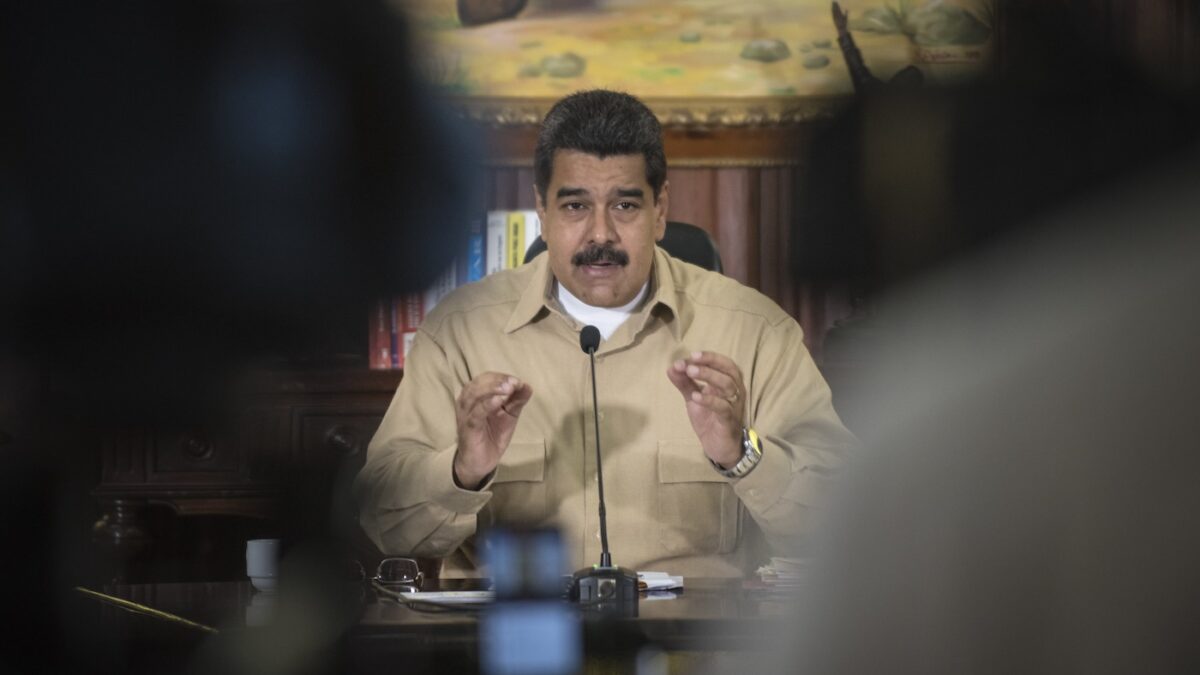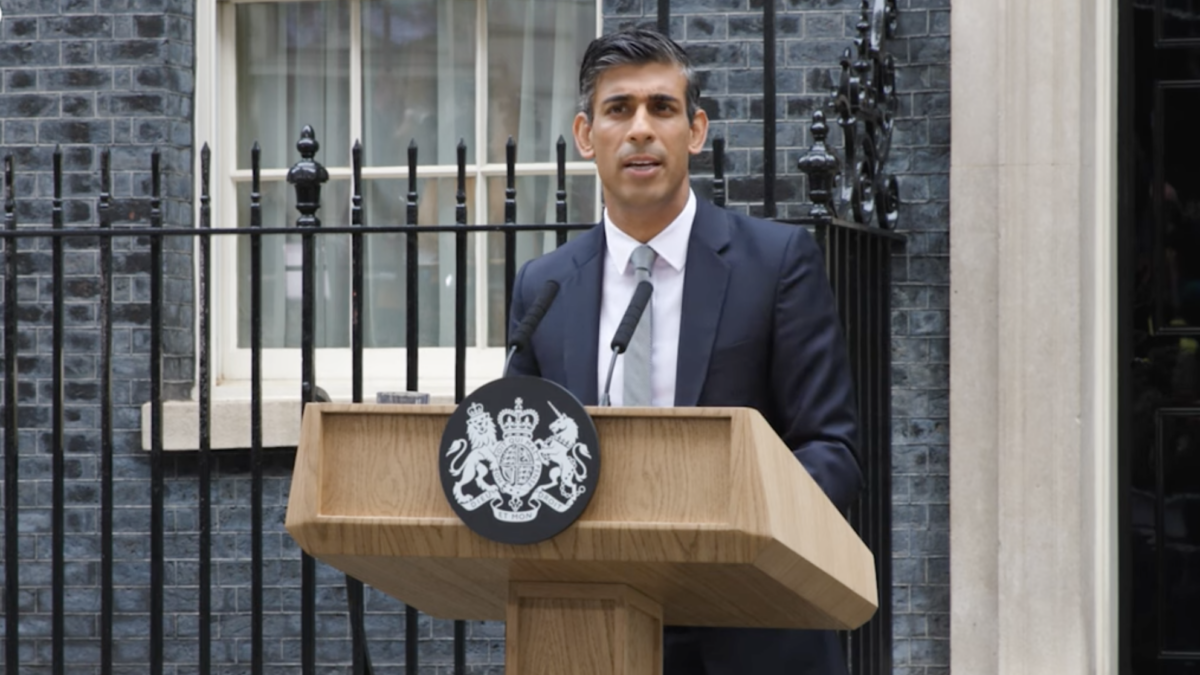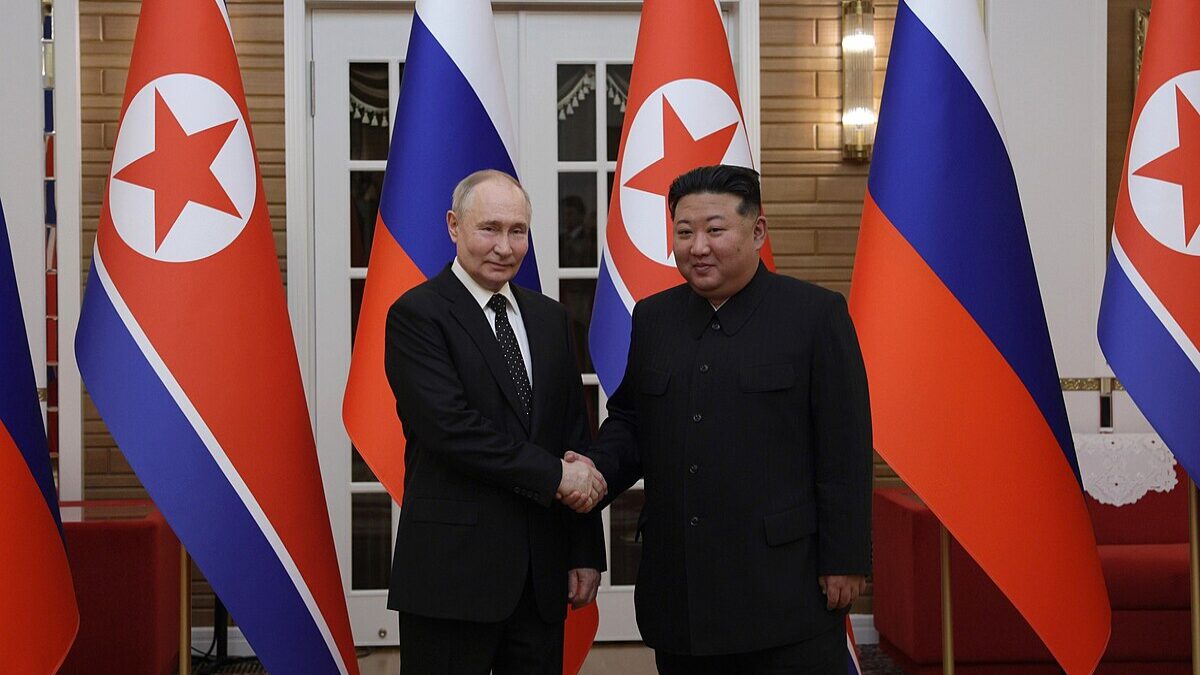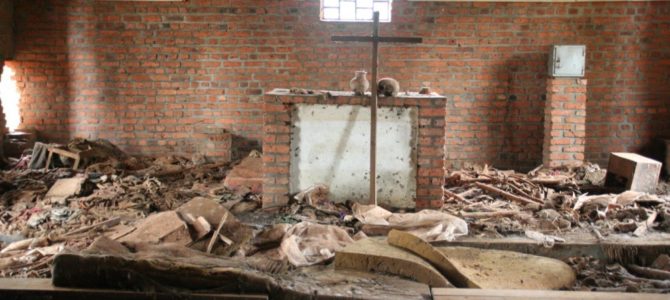
As we recoil at the American debacle of the Afghanistan exit and hope to never see such a national disgrace repeated, we should be wary of the ability of cynical political leaders, abetted by corrupted media, to hide the truth long enough for a world-weary public to forget and move on. “Can’t happen in a Western, liberal democracy!” you say. Think again.
If enough time passes in the wake of denials, misdirection, false reports, and obfuscations, even when a shocking and superbly documented accounting of the most horrific of national malfeasance finally emerges, as one did five months ago, it is only too easily ignored.
It has been 27 years now since the final genocide of the 20th century came to a blood-soaked conclusion. In only 100 days in Rwanda in 1994, 800,000 people (probably more than 1 million if we were able to count those who fled to the marshes and bush, only to die there unaccounted for) were slaughtered by their countrymen.
This slaughter was planned and carried out by some of the most monstrous people on earth. Their objective was the complete extermination of one group (Tutsi) by the other (Hutu). The Hutu were incited over several years by hate propaganda and ultimately forced into the deed by the threat of their own deaths if they failed to participate, usually up close and personal by machete and bludgeon.
It turns out that the government and military Hutu leaders who orchestrated this macabre evil had ample assistance, and not only by the purposeful blind-eye of the rest of the world that denied that genocide was going on in plain sight.
In a 600-plus page report released in April, the well-regarded Washington law firm of Levy Firestone Muse published an exhaustive four-year investigation that concludes the French government “bears significant responsibility for having enabled a foreseeable genocide,” that it had full knowledge of what was in store, and in many instances assisted the murderous efforts to annihilate an entire people. It further condemns the French for the “cover-up, obstruction and false narratives” it has promulgated for the past 27 years and argues that such denial of truth continues to do damage to the Rwandan “generations irreparably harmed.”
Frustrated by more than two decades of deliberate falsehoods, purposeful forgetfulness, and misrepresentations of the Rwandan genocide in general—an event known to most of the world only through the glossed-over characterizations in the Hollywood movie “Hotel Rwanda”—and especially by French duplicity, the Rwandan government commissioned the study in 2017. Once undertaken, it stood aside and allowed Robert Muse, the head of the investigation and a highly respected Washington lawyer, and a team of 42 others to go where the evidence led them, placing no restrictions on their efforts. Their research was exhaustive and their findings conclusive.
Reams of documents, transcripts, reports, and studies by governments and non-government organizations and academics, documentaries and other videos, and contemporary news articles were reviewed. More than 250 witnesses were formally interviewed and hundreds more met with.
The result is the recognition that France must share in the guilt of a massive genocide. Among the concluding statements of the report:
- “The arrogance of [then-President] Mitterand’s neocolonial engagement in Rwanda was to pursue French political interests with indifference to the consequences for Tutsi in Rwanda.”
- “[The] French government helped build and fortify Rwandan institutions which … became instruments of the genocide.”
- “As [elements of the Hutu-led government] slaughtered Tutsi across Rwanda in April, May, and early June [of 1994] French officials did nothing to stop them.”
- “French diplomats at the United Nations watered down resolutions meant to pressure the interim government [in Rwanda].”
- “[The French ‘Operation Turquoise’ in southwestern Rwanda] did not stop the genocidaires from finding refuge in the French-controlled ‘safe humanitarian zone’, where they were not arrested, not detained, and not systematically disarmed.”
- “Cases against accused genocidaires living in France languished for years, neglected and starved of resources, as the accused have gone about their lives without having to face justice.”
The list of condemning statements goes on and on, concluding finally with the observation that France also created and perpetuated a cover story that among other things invented a myth of more than one genocide, as if the Rwandan Patriotic Front, the movement that fought and defeated of the genocidaire-controlled “interim government,” also carried out a genocide. “It did not,” says the report.
The release of the report in April should have been a blockbuster. It was met with a yawn. It is hard to find a newspaper or published article anywhere that covered it. It remains virtually unknown in the United States, as if neither American journalists nor their editors thought it worthy of their time and effort. If there is any truth in the Washington Post’s slogan that “Democracy Dies in Darkness,” then it is perhaps also true that genocides thrive in darkness.
There is much blame to share for the genocide in Rwanda. The planning and organization for it were at least four years in the making, from 1990 to 1994. Supplies of weapons and killing instruments flowed into Rwanda at alarming (and noticeable) rates in the months preceding its fateful initiation.
Militia organizations were recruited and trained in the rudimentary procedure of mass murder. Propaganda was broadcasted unabashedly from national communication centers dehumanizing the intended victims (i.e., Tutsis) and calling for their eradication.
United Nations forces in Rwanda were reporting that something terrible was coming and then it happening. Mass killings were rehearsed and applied at various locations in Rwanda before the “opening night” of April 6-7 in 1994. It was impossible to not know, and not just by the French.
When the slaughtering began, Western nations headed for the exits, the United States among them. After the hideous murder of ten of its soldiers on a futile mission to save the life of the Rwandan prime minister (a Tutsi), Belgium pulled out its “peace-keeping” battalion, leaving the UN forces remaining (already significantly diminished) essentially toothless.
There was no way the world could not know what was afoot. Yet national and international leadership had no compunction, despite a killing rate of about 10,000 a day, from repeatedly denying, week after week, that genocide was taking place. It was a disgrace.
With all that, France holds a special place just behind the genocidaire leadership itself as responsible for all this horror and gore. Now, almost three decades later, it is time for an honest account of what happened, why, and how. The Muse report is as good a place as any to start.


